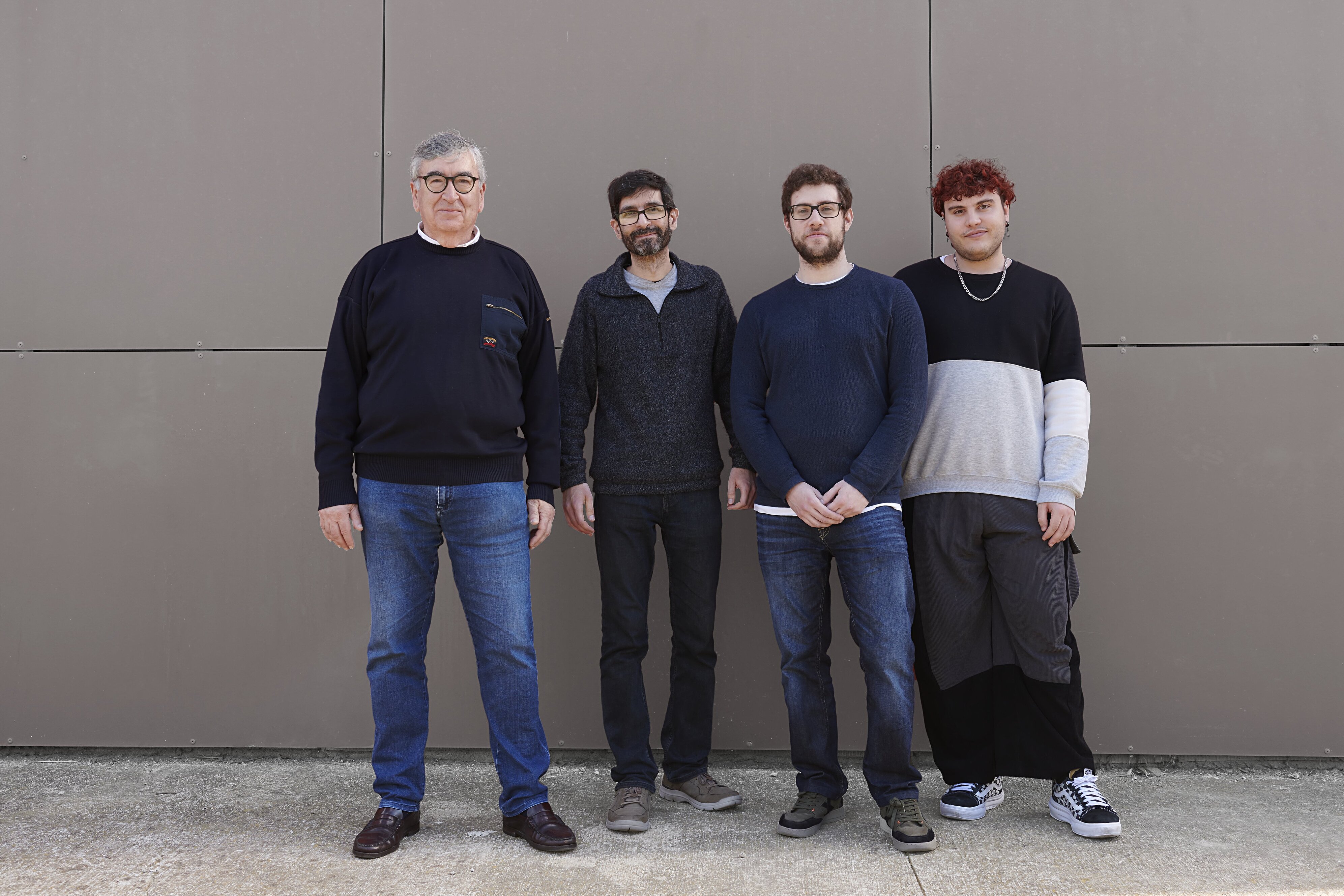Laboratory of Molecular Neuropharmacology and Bioinformatics
To explore new therapeutic approaches for neurologic diseases, in particular chronic pain, through mechanism-based computational methods.
- Characterization of the structural determinants of drug-receptor interaction
- Characterization of the structural determinants of drug efficacy: partial, inverse and biased agonism
- Characterization of the allosteric effects provided by membrane lipids on drug action
- Characterization of the interfaces determining homo- and heterodimer G protein-coupled receptor (GPCR) self-assembly
- Characterization of the cooperativity effects between ligands in oligomeric GPCRs
The research of the group is currently focused on the study of chronic pain by interrogating opioid receptors, in particular, the mu-opioid receptor (MOR), through computational methods. To this end, we are analyzing the differences in the modes of MOR activation by different agonists such as morphine and fentanyl as well as by partial agonists such as buprenorphine. The objective is to find the molecular determinants of agonism, partial agonism and biased agonism in MOR to design safer drugs.
The group participates in the QSPainRelief European H2020 project, which is focused on drug combination therapies for chronic pain. The synergistic effects between the two drugs present in the drug combinations are analyzed under the hypothesis of receptor heteromerization. Coarse-grained molecular dynamics simulations are being performed to find the preferred interaction interfaces between the two protomers in the heteromer. In addition, time-dependent mathematical models are being developed to obtain a description of the heteromer function under non-equilibrium conditions. All this research will help mechanistically understand the cooperativity effects between drugs in drug combination. Further, the research proposal that we are currently contemplating is to improve chronic pain therapies by regulating the endogenous opioid system using positive allosteric modulators.
The group applies a translational approach with a special interest in the field of mental health. For this reason, the PI is part of the G29 group of the CIBERSAM network led by Diego Palao, director of the mental health area of the Parc Taulí Hospital, as well as coordinator of a research group belonging to Xarxa TECSAM. This research in mental health will influence the impact our research on chronic pain may have on depression and other psychiatric disorders.
Dr. Jesús Giraldo
Additional information
